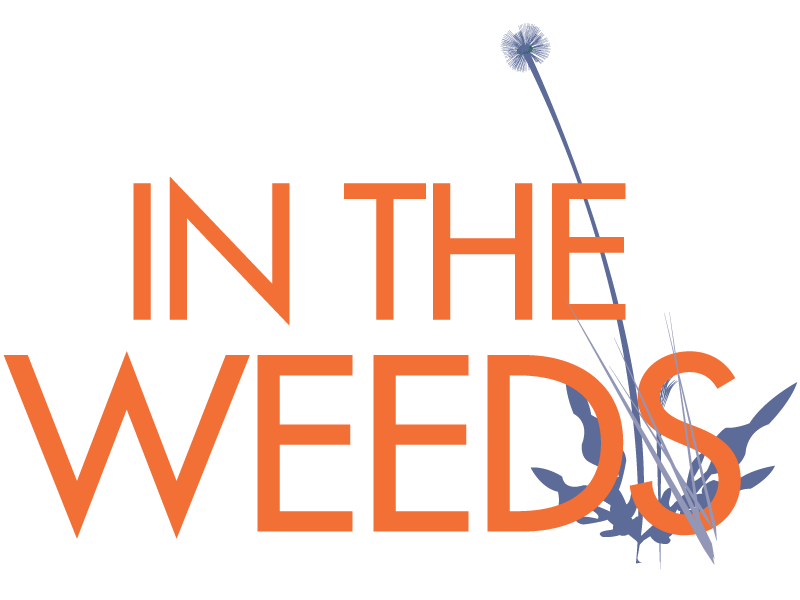Two friends, Margaret Ables, co-host of the podcast What Fresh Hell: Laughing in the Face of Motherhood, and Sonia Fujimori, who coordinated the edible garden at our children’s elementary school, join me in conversation with Lorie Hammond, author of the new book Growing Whole Children in the Garden.
In fact, Lorie is a friend as well, or, to be more precise, the mother of a close friend from college. When my friends and I were in our early 20s, Lorie would rescue us from our apartment in San Francisco and offer us big communal meals, Day-of-the-Dead celebrations and the like at her house in Davis, California.
It’s a revelation to rediscover her not as a Mom but as a professional. An educator of nearly fifty years, with a Ph.D. from UC Davis in sociocultural studies, Lorie Hammond is now the founder and director of Peregrine School in Davis, California, a progressive, private school inspired by the schools of Reggio Emilia in Italy.
Lorie’s new book, which was designed and illustrated with the help of her daughter, Alex Hammond, an artist based in New York City, is, at first glance, a book about exploring nature and gardening with children. It’s adressed to parents and offers a compendium of activities both simple (taking young children to find the storm drains where the rainwater goes) and more elaborate (a project on the fall based on Chinese landscape paintings and poems by Wang Wei).
But, hidden in the pages of this treasure trove, is something more fundamental, which speaks as much to adults as to children: an understanding that what we know about the world comes first and foremost from our lived experience and that the natural world, in its great complexity, is a better teacher than any book.
I was struck by parellels with David Abram’s book, The Spell of the Sensuous. Like Abram, Lorie studied with an animist people, the Mien. She first worked with a Mien community in Sacramento, where many Mien resettled as refugees after the Vietnam War and the Secret War in Laos. She eventually visited Mien communities in Thailand, where she was able to learn from their knowledge of the natural world as subsistance farmers who make everything they need to live from scratch.
Like Abram, Lorie understands that traditional Western education is predicated on a fundamental misunderstanding: it is not concepts that allow us to understand the workings of everyday phenomena but, rather, our embodied, lived experience that allows us to generalize this knowledge.
Where Abram presents an epistemology based on a participatory relationship with the natural world, Lorie offers an approach to education that is grounded in participatory experience. In traditional schools, children are taught universal concepts they are meant to apply to particular examples; progressive education of the sort Lorie teaches shows us that children learn through experience that can only later be generalized to apply to other situations.
My thanks to Sonia Fujimori whose background in progressive education – she has a Master’s degree in Early Childhood and Elementary Education from Bank Street College of Education in New York City and taught first grade for many years – gave her greater insight in this discussion and to Margaret Ables who helped us keep it real by reminding us that not all Moms want to build a garden from scratch. And of course to Lorie who teaches us to relax, explore and find joy.

Wonderful podcast!!
Thank you!